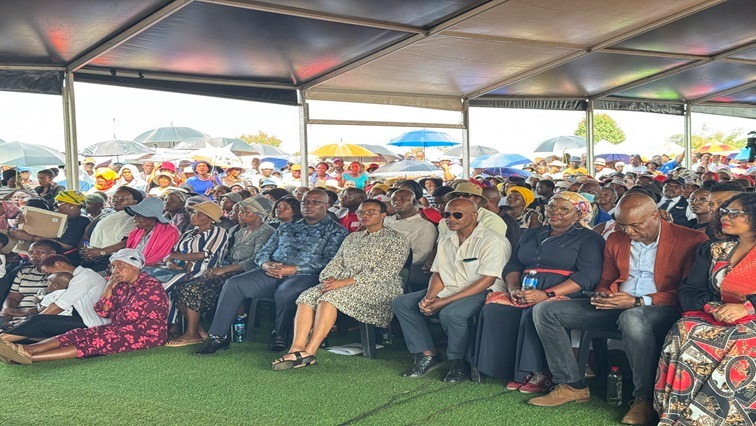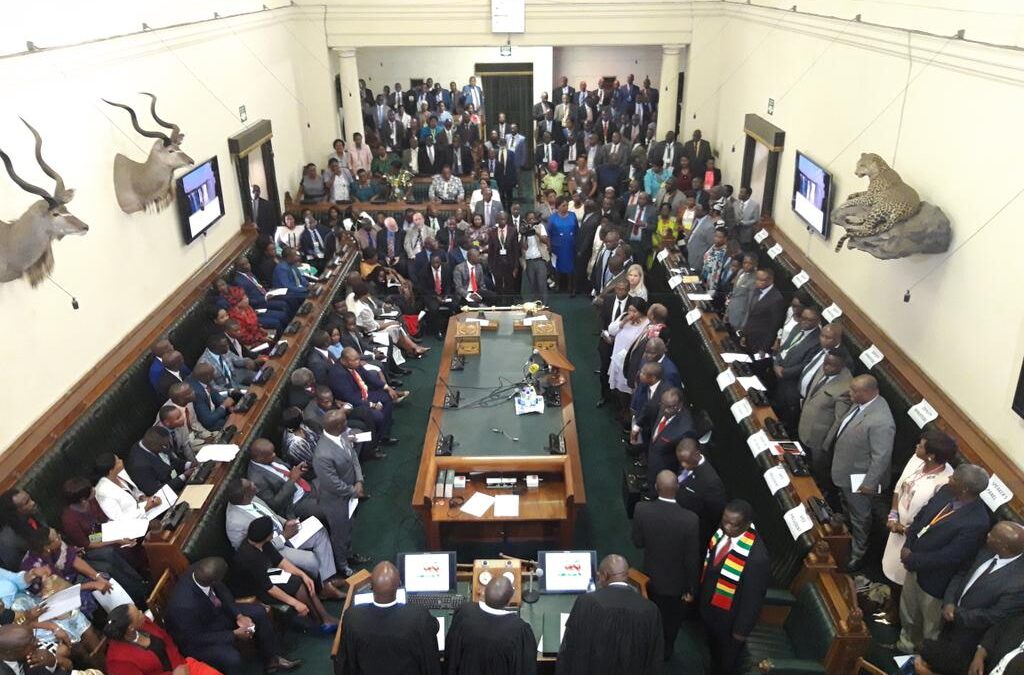Rape, as defined by the United Nations, is “a physical invasion of a sexual nature, committed on a person under circumstances which are coercive.” This definition encompasses a broad range of non-consensual sexual acts, including vaginal, anal, and oral penetration, as well as other forms of sexual violence.
Rape has been employed as a tool of oppression, control, and destruction throughout history. In recent years, however, a disturbing trend has emerged: the use of rape allegations as a means to destroy men’s reputations, careers, and lives. This phenomenon has been observed in various contexts, including the workplace, educational institutions, and social media platforms.
Men have been accused of rape, often with little to no evidence, and subsequently fired, ostracized, or “canceled” without due process. The #MeToo movement, which began as a legitimate effort to address the pervasive problem of sexual harassment and assault, has in some cases devolved into a culture of accusation and condemnation without sufficient evidence or due process.
This has led to a growing number of false or exaggerated accusations, that can have devastating consequences for the accused. In some cases, women have used rape allegations as a means to exact revenge, gain power, or manipulate men. This phenomenon has been observed in various forms, including:
1. Revenge rape allegations: Women who feel wronged or rejected by a man may accuse him of rape as a means of revenge.
2. Power play: Women in positions of authority may use rape allegations to manipulate or control men who are subordinate to them.
3. Financial gain: Women may accuse men of rape in order to extort money or gain financially.
The consequences of the weaponization of rape are far-reaching and devastating. Men who are falsely accused of rape may experience:
1. Emotional trauma: The stigma and shame associated with rape allegations can lead to severe emotional distress, including anxiety, depression, and even suicidal thoughts.
2. Career destruction: False rape allegations can result in the loss of employment, damage to professional reputation, and difficulties in securing future employment.
3. Financial ruin: The cost of defending against false rape allegations can be prohibitively expensive, leading to financial ruin and bankruptcy.
4. Social ostracism: Men who are falsely accused of rape may experience social isolation, loss of friendships, and damage to family relationships.
To address this growing problem, it is essential that we adopt a more nuanced and balanced approach to addressing rape allegations. This includes:
1. Presumption of innocence: The accused must be presumed innocent until proven guilty beyond a reasonable doubt.
2. Due process: The accused must be afforded due process, including the right to a fair trial, the right to confront their accusers, and the right to present evidence in their defense.
3. Evidence-based investigations: Investigations into rape allegations must be based on evidence, rather than assumptions or biases.
4. Support for false accusers: Women who make false rape allegations must be held accountable for their actions, but also provided with support and counseling to address any underlying issues that may have contributed to their behavior.
5. Time limits for reporting rape: To prevent false accusations and ensure that genuine victims receive justice, it is essential that rape allegations be reported within a reasonable timeframe, such as 72 hours.
In conclusion, the weaponization of rape is a threat to male dignity and a menace to society as a whole. It is essential that we adopt a more balanced and nuanced approach to addressing rape allegations, one that prioritizes due process, evidence-based investigations, and support for both victims and the falsely accused. Only by working together can we create a society that is safer, more just, and more equitable for all.
Ari Goldstein is a senior Fellow at the Zambezi Institute and writes on his own capacity .





0 Comments